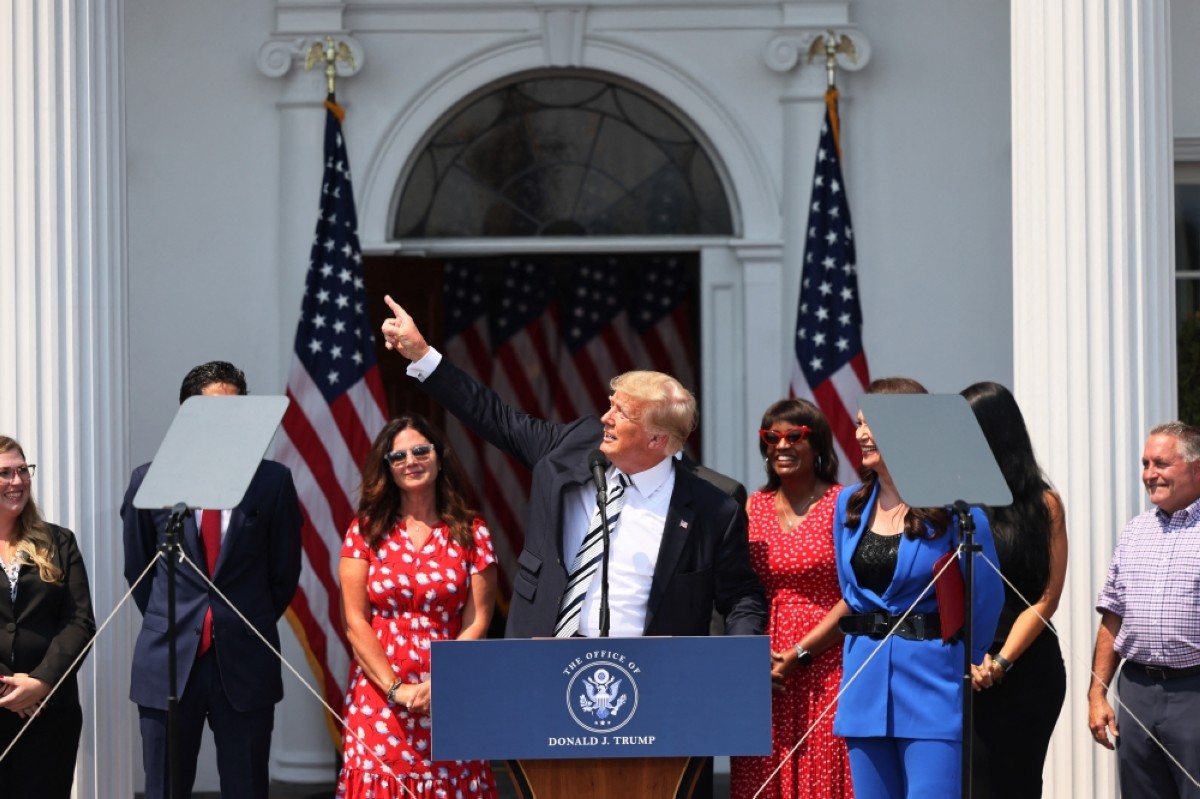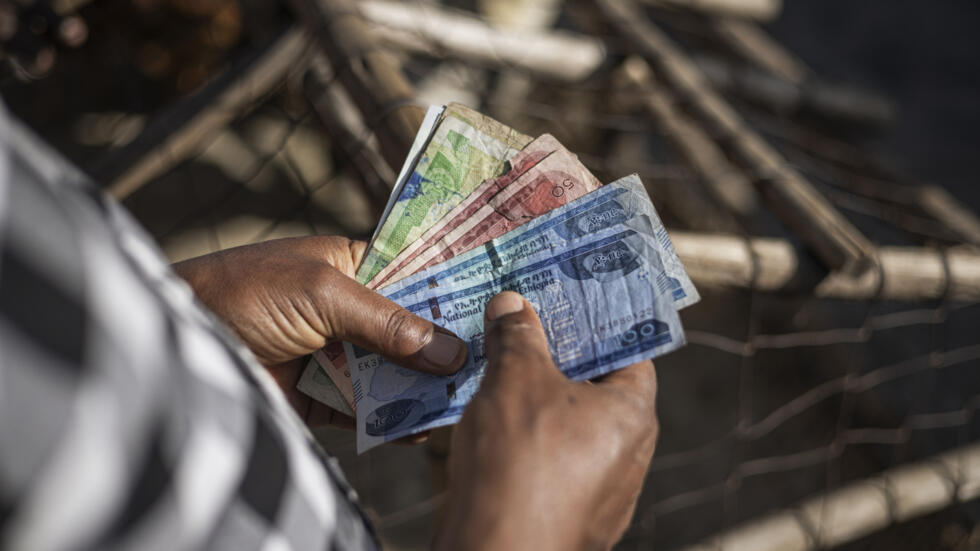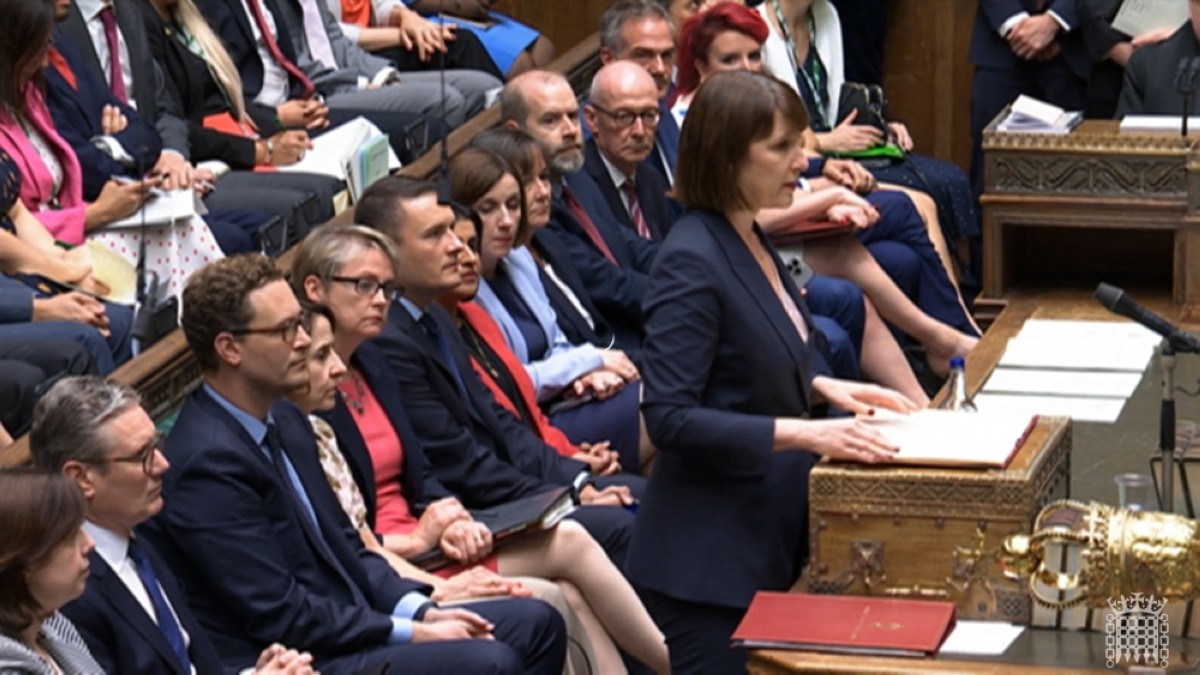India economy showed robust growth in 2022/23, says IMF
WASHINGTON: India’s economy showed robust growth over the past year. Headline inflation has, on average, moderated although it remains volatile.
 WASHINGTON, DC: IMF Managing Director Kristalina Georgieva arrives to attend the regulkar meeting.
WASHINGTON, DC: IMF Managing Director Kristalina Georgieva arrives to attend the regulkar meeting.
Employment has surpassed the pre pandemic level and, while the informal sector continues to dominate, formalization has progressed. The financial sector has been resilient—strongest in several years—and largely unaffected by global financial stress in early 2023, said an IMF report following the conclusion of its the Article IV Executive Board consultation with India.
The current account deficit in FY2022/23 widened as the post-pandemic recovery of domestic demand and transitory external shocks outweighed the impact of robust services exports and proactive diversification of critical oil imports. While the budget deficit has eased, public debt remains elevated and fiscal buffers need to be rebuilt. Globally, India’s 2023 G20 presidency has demonstrated the country’s important role in advancing multilateral policy priorities, the report said.
Growth is expected to remain strong, supported by macroeconomic and financial stability. Real GDP is projected to grow at 6.3 percent in FY2023/24 and FY2024/25. Headline inflation is expected to gradually decline to the target although it remains volatile due to food price shocks. The current account deficit is expected to improve to 1.8 percent of GDP in FY2023/24 as a result of resilient services exports and, to a lesser extent, lower oil import costs. Going forward, the country’s foundational digital public infrastructure and a strong government infrastructure program will continue to sustain growth. India has potential for even higher growth, with greater contributions from labor and human capital, if comprehensive reforms are implemented.
Risks to the outlook are balanced. A sharp global growth slowdown in the near term would affect India through trade and financial channels. Further global supply disruptions could cause recurrent commodity price volatility, increasing fiscal pressures for India. Domestically, weather shocks could reignite inflationary pressures and prompt further food export restrictions. On the upside, stronger than expected consumer demand and private investment would raise growth. Further liberalization of foreign investment could increase India’s role in global value chains, boosting exports. Implementation of labor market reforms could raise employment and growth.
Executive Directors broadly agreed with the thrust of the staff appraisal. They commended the Indian authorities for their prudent macroeconomic policies and reforms that resulted in the economy’s strong economic performance, resilience, and financial stability, while also facing continued global headwinds. Noting that India is one of the fastest growing economies globally, Directors called for continued appropriate policies to sustain economic stability and for further progress in key structural reforms to unleash India’s significant potential.
Directors welcomed the authorities’ near-term fiscal policy, which focuses on accelerating capital spending while tightening the fiscal stance. While acknowledging that India’s debt composition helps mitigate debt sustainability risks, Directors recommended ambitious medium-term consolidation efforts given elevated public debt levels and contingent liability risks. In that context, improving revenue mobilization and spending efficiency would allow for continued improvements in digital and physical infrastructure and targeted social support. Directors also encouraged the authorities to put in place a sound medium-term fiscal framework to promote transparency and accountability and align policies with India’s development goals.
Directors commended the Reserve Bank of India’s (RBI) proactive monetary policy actions and strong commitment to price stability. They agreed that the current neutral monetary policy stance, anchored on a data dependent approach, is appropriate and should gradually bring inflation back to target. Directors agreed that exchange rate flexibility should remain the first line of defense in absorbing external shocks, with foreign exchange interventions limited to addressing disorderly market conditions.
Regarding staff’s recent reclassification of India’s de facto exchange rate regime for the period December 2022 to October 2023, many Directors noted the divergence of authorities’ views with that of staff and encouraged continued staff engagement on this issue, with a few Directors encouraging staff and the authorities to resolve these differences. A few Directors explicitly supported the authorities’ view that exchange rate stability reflects improvements in India’s external position and that foreign exchange interventions have been used to avoid excessive volatility not warranted by fundamentals.











